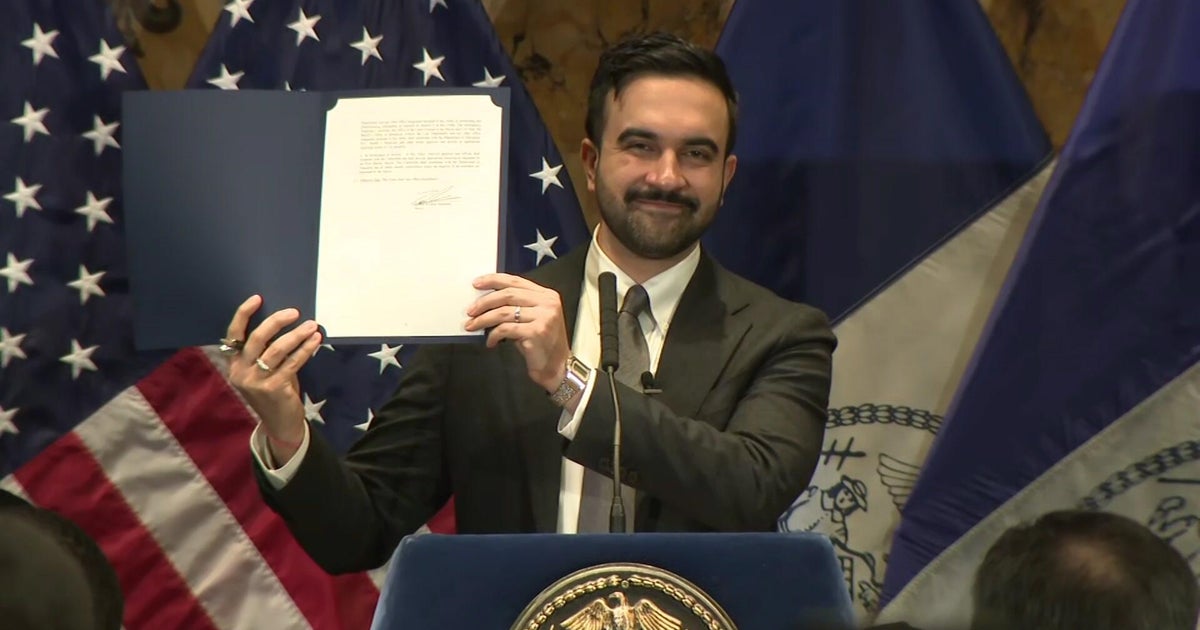The Big Salt Shake Up
MIAMI (CBS4) -- For health officials, salt is seen as a public enemy.
"Many Americans don't know that unseen salt drives up blood pressure."
But is salt as dangerous as we think? One science journalist recently made bold claims in a New York Times Opinion piece, which questioned the truth behind what we've been told about salt.
"Our obsession with salt is misguided. It's the wrong suspect. The crime is hypertension, heart disease, strokes premature deaths. Our salt consumption is not the issue," declared Gary Taubes.
Taubes isn't a scientist but a writer who does independent research challenging nutritional science. He's the author of, "Why We Get Fat."
But his questions aren't the first to blur the picture on salt, questions were raised as recently as 2011. The Journal of the American Medical Association published a study done in Belgium which found the opposite of what doctors have been telling us for decades; that low salt intake can actually increase the risk of heart attacks and strokes.
Doctors from the CDC to Harvard dismissed the research as flawed but Taubes said studies like that shouldn't be ignored.
"Did we misjudge salt? Not at all," said Dr. Darwin LaBarthe.
LaBarthe is a former Director of the Centers for Disease Control's Division for Heart Disease and Stroke Prevention. He said he doesn't believe contradictory research is ignored.
"They simply are a minor part of a vast body of evidence from studies all over the world that have established the very close link between the amount of intake in everyday and our levels of blood pressure, consequently, the risks of strokes, heart attacks, dementia and other cardiovascular complications," said LaBarthe.
The CDC recommends that adults should consume no more than 2,300 milligrams of sodium per day. That's about a teaspoon. That recommended number is smaller, 1,500 milligrams per day for people 51 or older, African-Americans or those with existing health issues.
Some question whether those guidelines should be so broad. One preventative cardiologist at the Mayo Clinic said individuals have varying sensitivity levels to sodium. He believes the true role of salt and it's health impact is incomplete.
"But I think we do know with fairly good certainty is that the extremes of salt intake, very low intake and very high intake may be harmful for the general public."







